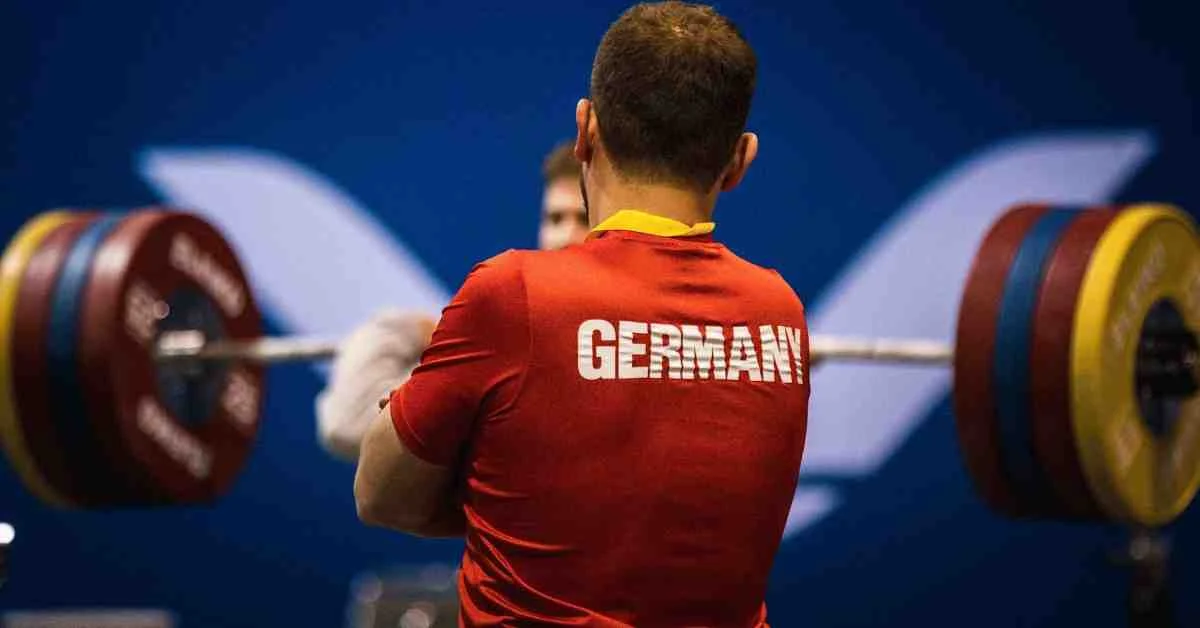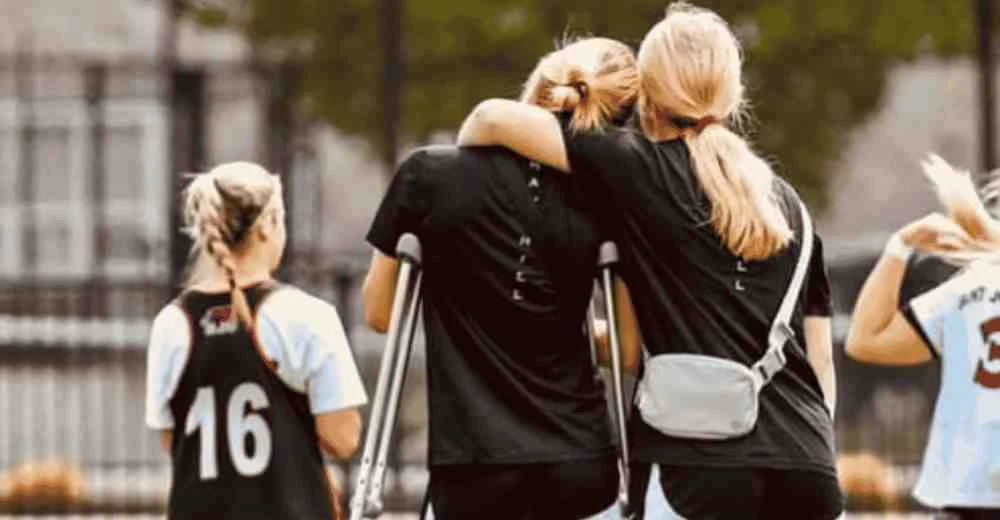
In the spirit of the holiday season, I want to share experiences and anecdotes about the coaches who have given to me much of their time, energy, knowledge, patience, resources, stories, and honesty. I want to take the time to thank those who have been so generous with their time and hopefully, in the near future, I can pay it forward.
After serving as an assistant coach for ten seasons, including the past seven at Chapin High School, I now have the opportunity to lead the girls’ program. As our high school team enters the spring semester and begins to train for the upcoming 2017 season, the stories below serve as a guide that significantly impacts my daily coaching duties and my ever-evolving coaching philosophy.
Latif Thomas: Mentor
Last season, Latif guided me for an entire season and undoubtedly has had the biggest impact on my coaching philosophy. I’ve shared my experience with Latif in a previous article: “Changes I Made to My Team’s Sprint Training Program with the Help of a Mentor.” What I didn’t include in in that article was how I first met Latif in the summer of 2015 at his CTF Track and Field clinic at Harvard University. At the clinic, coaches are encouraged to roam around to different event groups and seek out information freely by talking to the other expert coaches leading the groups. Keep in mind that hundreds of athletes attend the clinic as well as dozens of coaches, so it’s safe to say Latif stays busy.
During a stop at the horizontal jumps session, I introduced myself to Latif and bombarded him with question after question thinking I needed to get every single one answered on the spot. And what did the guy hosting and responsible for the entire clinic do? He answered every question in detail for almost an hour, gave me his cell number in case I needed anything during my stay in Boston, and invited me to the “coaches only after-hours clinic.” Throughout the remainder of the clinic, he stopped by during small encounters to continue our previous conversations. Regrettably, I was not able to attend the after-hours coaches’ clinic because I had a 36-hour drive back to Texas with only two days to travel.
Months later, when I bombarded Latif with the idea of mentoring me, he replied to every email and agreed to be my mentor (I was relentless in asking him). Here’s the kicker. Latif is a coach first, but also an extremely savvy business guy. I offered to pay Latif along the way for his time and guidance, but he always brushed the payment suggestion aside. Latif has been paid several times to speak at clinics but never once did he charge me for his time and depth of knowledge. I’m an extremely loyal CTF customer because it has transformed our program. Latif continues to be a mentor, but more importantly, a peer and friend.
Best nugget of wisdom from Latif: His constant message is about getting kids to believe in themselves using what he often refers to as “Jedi-mind tricks.” Coaches must truly understand what is deeply important to each of their athletes. Only then can they have a true impact on their kids. Building this kind of genuine coaching relationship with athletes motivates them and allows them to grow and become their genuine selves.
Tony Holler: Generosity
Earlier in the same summer I met Latif, I started reading about this innovative “be activated” system (now called Reflexive Performance Reset) that allowed athletes to perform in an optimal state. Moreover, the more I read Tony’s articles about speed, timing, and sharing results with the world, the more I became intrigued with his teachings and philosophies. I quickly decided to attend the first Track and Field/Football Consortium in Chicago.
We all know people who post messages or thoughts on social media or preach a certain lifestyle, but their lifestyle doesn’t quite reflect their message. Read Tony’s political beliefs and messages on social media and add my experience with the man, and you’ll understand that he is a man of character and principle.
I arrived at the consortium ten minutes before it began because it was my first time in Chicago and I have a limited directional sense. Tony unexpectedly met me at the entrance, greeted me, introduced me to local coaches, and welcomed me into the auditorium. After the event had ended about 8:30 p.m. on a Friday, I was supposed to travel back to South Chicago for the night. But I was invited to eat dinner and talk shop with the coaches afterward. The event was held about 30-40 minutes away from where I was staying. When he heard I would have to go back at that late hour, Tony offered his spare bed in his rented hotel room for the night so I wouldn’t have to make the drive and could hang out with the coaches that night. Here is a man I had never met, never previously had a conversation with, who had zero knowledge of my background, and he allowed me to stay at the hotel he rented.
The next day, Tony and I had breakfast. I offered to pay, he refused. I offered to pay him back for the hotel. He again refused. He hooked me up with one of his PN Track speed camp shirts and, at the end of the consortium on Saturday, gave me a ride to the train station to Chicago and paid for my ticket because I didn’t have cash on me. I was the worst guest, having prepared poorly for my trip, and here was an Illinois track and field hall of fame coach displaying a form of humility and acceptance I was so fortunate to encounter.
Best nugget of wisdom from Tony: His athletes warm up explosively. Other coaches have often stated that nobody performs these dynamic warm up drills better than Tony’s sprinters. I preach to our sprinters every single day the importance of performing our warm up drills with purpose and intensity. Tony loves to feed the cats and then let them rest. Our sprinters now have every Wednesday off.
Gabe Sanders: Enjoy the Process
Gabe is currently the sprints/hurdles coach at Stanford University. I met Gabe at the 2015 CTF clinic and sat down to talk to him for about an hour in the hotel lounge. Gabe is a really smart guy, and the conversation was enlightening. What made the conversation valuable was that Gabe didn’t use fancy terminology or speak over me. He used terms and made references that made sense to me. As an educator, I appreciate a knowledgeable coach who can explain complex material in a manner which is easy to understand.
Coaches and athletes need to focus on the process and enjoy the experience. Share on XWhile he was moving cross-country from Boston University to Stanford, Gabe took the time to return a call and gave me another hour of his time to help me with some training questions I had that evening. Since taking the coaching position at one of the most prestigious universities in the world, Gabe has continued to offer advice. During the day, I will read a study or an article, and I will ask his opinion on the matter or his advice on a specific topic, and he usually responds within minutes. I consider Gabe to be one of the best collegiate coaches in the country. To have the opportunity to bounce ideas off of a track guru like Gabe is a huge blessing.
Best nugget of wisdom from Gabe: “Focus on the ride, don’t get caught looking at the horizon.” I learned from Gabe that athletes need to focus on the process, but I sometimes fail to do so myself. An athlete may have an off workout, an off day. Listen and be patient with athletes and their progress. Enjoy the experience and allow the athlete to do the same.
Ron Grigg: Pay it Forward
Ron, the director of women’s cross-country and track and field at Jacksonville University, is friendly, timely, and very open to sharing information. I attended Ron’s presentation at the CTF clinic two times because I was so intrigued by his use of so few drills, yet the athlete’s at Jacksonville have been very successful under his guidance. After viewing his “Horizontal Drills Simplified” presentation, I knew immediately that I had to share what I had learned and wrote my second article for SimpliFaster specifically based on these jumping drills.
When I cold-called Ron, he didn’t hesitate for one moment, and he answered every question I had for the article. Earlier this season on my way to my son’s tee ball game, he returned my phone call after I left a message, and we talked track and field for over forty-five minutes. Near the end of our cross-country season, I again called Ron at an agreed upon time, and we chatted for about ninety minutes going over long distance and mid-distance program design. He has returned every single email, sometimes within minutes, because as he stated, he is “simply paying it forward.”
Best nugget of wisdom from Ron: He is not an event coach, he is a track and field coach. Recently he emailed the following to me: “When we had two long jumpers at Olympic Trials, they called me a jumps coach, when we had two 800m runners at NCAAs, they called me a middle distance coach, when our 4×1 made NCAAs, they called me a sprint coach; but I just think of myself as a track and field coach. I like all events and the challenges they present with similarities and differences, and I like coaching all athletes who have similarities and differences in their physical and mental characteristics.”
Giving Back
These are the best of many nuggets of wisdom several coaches have provided me through the years. I’ve learned so many lessons from so many coaches—not just the ones I’ve listed here. Over the past few years, these fine men have truly ignited my passion for being a better coach and, more importantly, have shown how to be giving with time, think deeply, reflect candidly, enjoy the process, be kind, and pay it forward.




